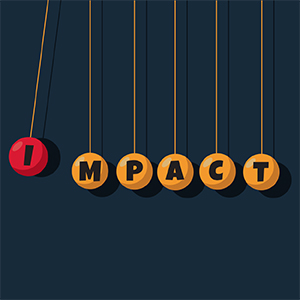
Curious about more ways LAS impacts human health? Check out some of the questions faculty are answering through their research in LAS departments.
Department of Chemistry
How can we use microfluidic technologies to detect and treat cancer and kidney disease better and faster? Robbyn Anand, Suresh Faculty Fellow, Carlyle G. Caldwell Endowed Chair in Chemistry, and associate professor of chemistry
Roy J. Carver Depatment of Biochemistry, Biophysics and Molecular Biology
What happens at the molecular level when cancer cells develop immunity to chemotherapy peptic drugs? Amy Andreotti, University Professor of biochemistry, biophysics and molecular biology and Roy J. Carver Endowed Chair in Biochemistry
Department of Genetics, Development, and Cell Biology
Can we change enzymes within the human body to slow down the aging process and correct metabolism?
Hua Bai,
associate professor of genetics, development, and cell biology
Department of Sociology and Criminal Justice
Can the use of specialized domestic violence courts reduce the occurrence of domestic violence?
Leana Bouffard,
professor and chair of the Department of Sociology and Criminal Justice
Department of Statistics
How can statistics help us improve nutrition and diet recommendations for children and adults?
Alicia Carriquiry,
Distinguished Professor of statistics
Department of Psychology
How does sleep affect our decision-making, personality, and social behavior?
Zlatan Krizan,
professor of psychology
Department of Economics
What are the health impacts of economic well-being and active or passive leisure activities?
Peter Orazem,
University Professor of economics
Department of Psychology
Which habit formation strategies can play a key role in the success of large-scale physical health initiatives?
Alison Phillips,
associate professor of psychology
Department of Political Science
What are the largest motivating factors in the decision by adults age 65+ to move into a nursing home?
Mack Shelley,
University Professor of political science
Department of Computer Science
Can artificial intelligence (AI) help your doctor get better results from a colonoscopy?
Wallapak Tavanapong,
professor of computer science
Department of Music and Theatre
Can music play a role in health recovery?
Miriam Zach,
Charles and Mary Sukup Endowed Artist in Organ and adjunct assistant professor of music